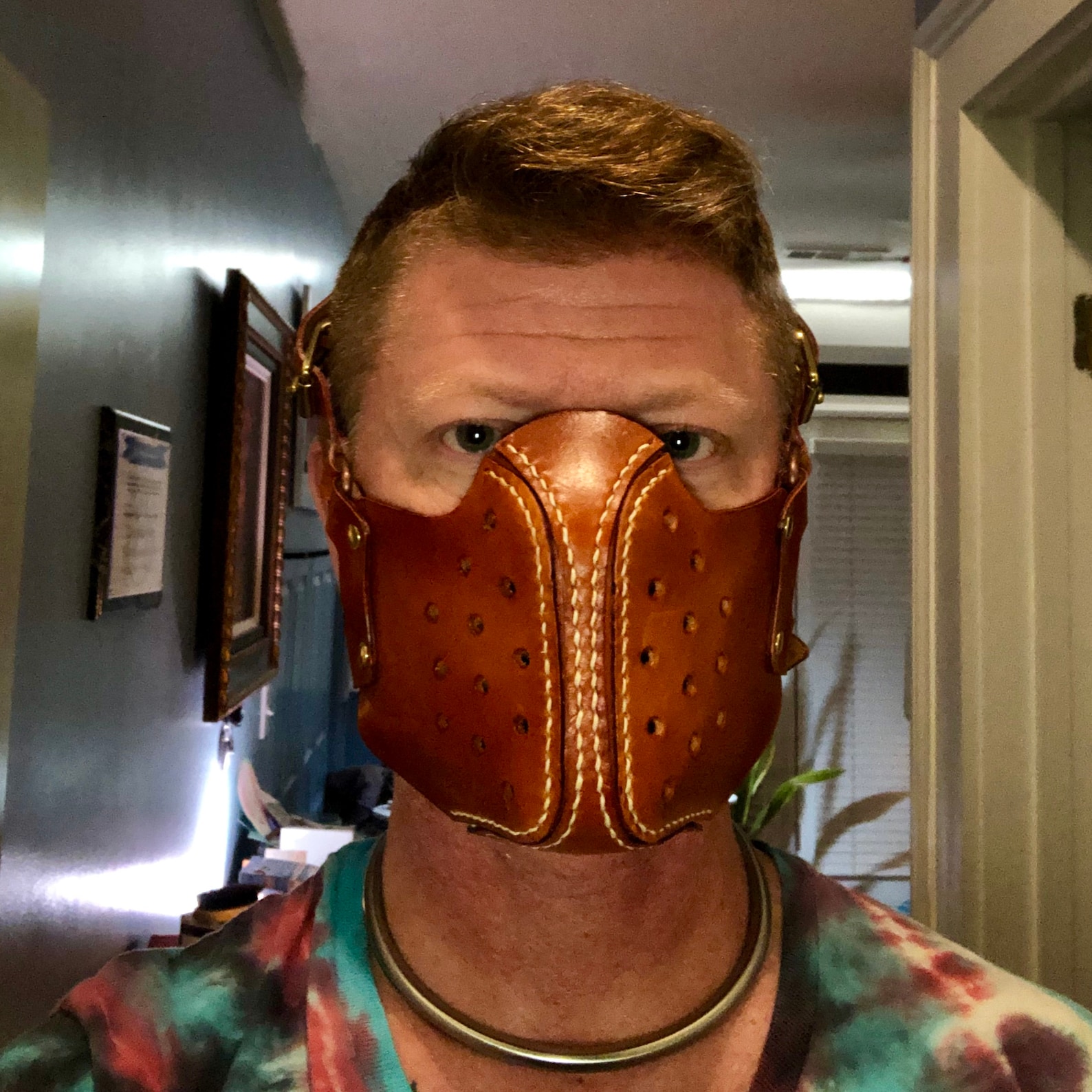

It's recommended that you do blood work to check your senior dog's white and red blood cells and their kidney and liver function to make sure that they're healthy. Besides an annual or biannual exam, it is suggested that pet parents get yearly blood work done for their senior dogs. Your veterinarian will also assess your senior dog's nutrition and mobility and make recommendations for diet or exercise adjustments that may benefit your dog.Īs dogs get older, it’s a good idea to see your veterinarian on a regular basis for checkups. If you notice these signs in your older pooch, book a wellness check with your vet. By taking your senior dog for routine wellness exams, you're giving your veterinarian the chance to screen for any emerging geriatric conditions and begin treatment as soon as possible.

Generally, however, there are a few guidelines for determining the age at which a dog is considered senior: around 10-12 years for small breeds about 8-9 years old for medium breeds and about 6-7 years old for large and giant breeds.

Factors like breed and size affect the rate at which your dog ages for example, small breed dogs tend to age more slowly than large and giant breed dogs. You might be familiar with the popular notion of 1 human year being equivalent to about 7 dog years, but it's a little more complicated than that.


 0 kommentar(er)
0 kommentar(er)
